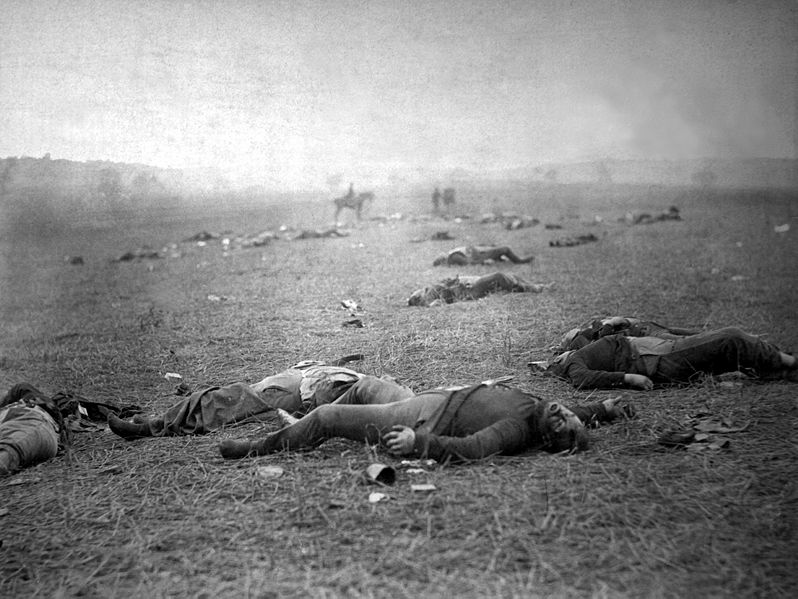New Report on Contacts Between Police and the Public: Numbers Generally Look Good for Police, But Racial Disparities Are Also in Evidence
 As I discussed here, there is a substantial body of social psychological research suggesting an important connection between crime levels and the way that police treat citizens – basically, the more that police are perceived to be fair and respectful, the more that citizens, in turn, will feel respect for the law and a sense of obligation to cooperate with the police. With that background in mind, the Bureau of Justice Statistics’s brand-new report Contacts Between Police and the Public, 2008 makes for some very interesting reading. The data are based on a national survey of U.S. residents that BJS has conducted every three years since 2002.
As I discussed here, there is a substantial body of social psychological research suggesting an important connection between crime levels and the way that police treat citizens – basically, the more that police are perceived to be fair and respectful, the more that citizens, in turn, will feel respect for the law and a sense of obligation to cooperate with the police. With that background in mind, the Bureau of Justice Statistics’s brand-new report Contacts Between Police and the Public, 2008 makes for some very interesting reading. The data are based on a national survey of U.S. residents that BJS has conducted every three years since 2002.
On the whole, police should regard the report as good news. Here are some of the basic findings.

